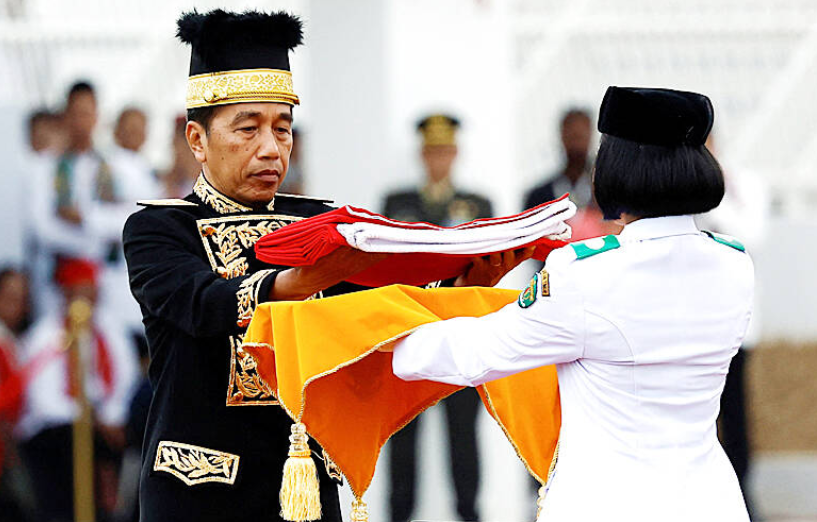NUSANTARA – Indonesia stands on the brink of a significant change as the country celebrates its Independence Day in the newly proclaimed capital, Nusantara. This historic moment marks not only the relocation of the country’s administrative heart, but also the beginning of a new era characterized by both hope and controversy.
The decision to move the capital from Jakarta to Nusantara has been hailed by many as a bold step to relieve the overcrowded and sinking metropolis. However, critics of the project point to uncertain financing and ecological concerns associated with building a city from scratch in an untouched part of Borneo.
The Independence Day celebrations in Nusantara were met with a mix of pride and skepticism. While the flag ceremonies and cultural performances reflect Indonesia’s national identity and heritage, concerns about the long-term viability and economic pressure associated with the move remain. The government has promised that by 2045, about 1.9 million people will live in Nusantara, a vision seen as both ambitious and risky.
The new president, whose inauguration is planned for October 20, 2024, has not yet clearly expressed support for the project. This reticence has led to speculation that backing for Nusantara at the highest political level may not be as strong as needed for a project of this magnitude. Proponents of the new capital, however, argue that Nusantara is a necessary development to take the economic and demographic burden off Jakarta and create a more sustainable future for the country.
The Independence Day celebrations in Nusantara could thus be seen as a symbolic act that underscores the optimism and determination of the nation to move forward and face the challenges of the 21st century. (hz)
Photo: Indonesia’s President Joko Widodo (Reuters)

